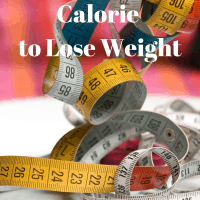Calorie Vs Carb: Which Method is Right?
Table of Contents
Calorie vs carb Overview
Do you ever feel like your head is spinning when it comes to dieting? You’re not alone. There are so many conflicting messages about what you should eat and how often that it’s no wonder people can’t figure which advice to take.
Eating too many calories or too much fat or sugar will cause weight gain; we know this for sure. But what about carbs? Will they make you fat as well?
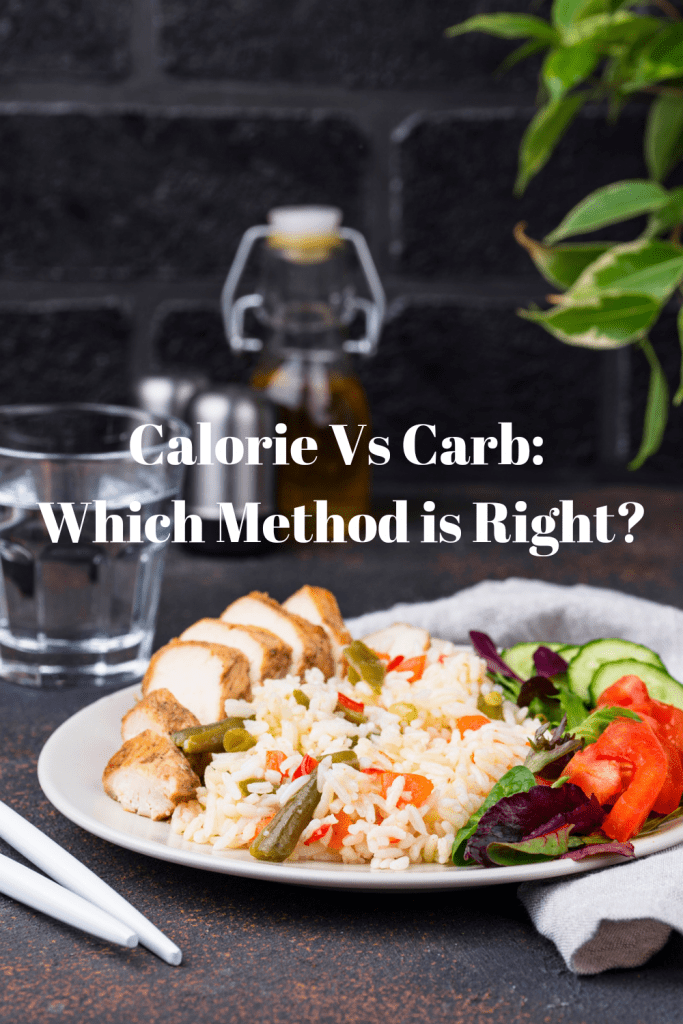
That depends on who you ask! Some say cutting carbs leads to faster weight loss; others swear by a high-carb diet for the same purpose.
People often overlook carbs when it comes to nutrition. Carbs have always been the scapegoat for weight gain, while calories seem to be given a free pass. It’s time that we take a closer look at the differences between carbs and calories and how they affect your body.
What are carbohydrates?
Carbohydrates are one of the three macronutrients that make up a healthy diet.
They contain sugars, starches, and fiber which provide your body with energy for daily life.
Carbohydrates are broken down into glucose by enzymes in your gut to give you the fuel you need when exercising or just sitting at your desk. They are made up of carbon, hydrogen, and oxygen.
The primary function of carbohydrates is to supply your body with glucose, which it can then use for energy.
It’s essential to get enough carbs in your diet because they don’t just give you fuel; they also have several other nutrients such as fiber, vitamins, and minerals that help keep you healthy! You can find these foods naturally in things like;
Fruit
Vegetables
Milk
Processed carbohydrates like crackers,
Bread,
Pasta.There is always room for these foods on a balanced plate!
What are calories?
Calories are a measure of the amount of energy in food. It measures the amount of energy needed to heat 1 gram of water by 1 degree Celsius.
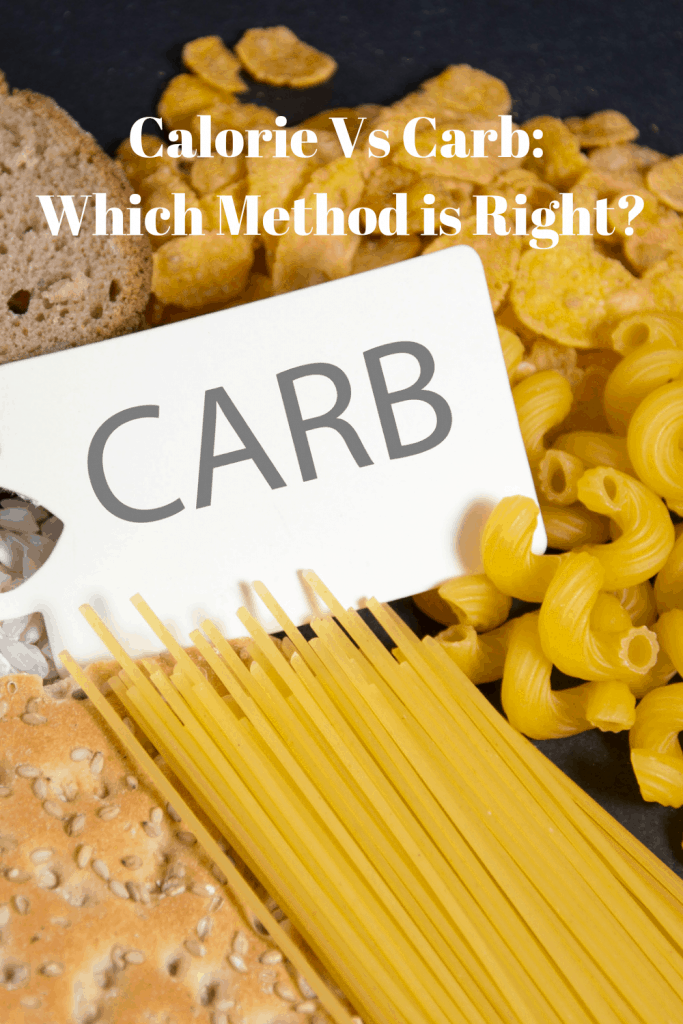
Calories measure how much energy you need each day for your body to function correctly and maintain its basic needs, like breathing and keeping organs alive.
They determine whether or not an individual has an adequate intake for their age, sex, weight, and activity level.
The calorie count on most diets is based on this equation: 1 pound = 3500 calories.
There are more than 1000 different foods that contain at least one calorie each. This means there is no shortage when it comes to finding foods that fit your needs!
Amounts of carbs and calories to consume per day
The amount of carbohydrates you need to eat varies depending on your activity level, age, weight, and other factors. The goal is to find the right balance between eating enough carbs to maintain health but not too many to gain weight. With that said, the average person needs about 130 grams per day.
The number of calories you should consume per day depends on the age group and your gender, and your physical activity level. For example, an adult male who exercises three times a week would require about 2200-2500 calories per day, whereas someone who only exercises once or twice per week would need closer to 1600-1800 calories per day.
Foods containing carbs and calories
One of the significant differences between carbs and calories is their sources in terms of food. While nearly all foods contain some calorie content, not all contain carbs. Calorie-rich foods include;
Cheese
Peanut butter
Candy bars
Processed meat
Fish oils, and
Animal fats.On the other hand, carbs are significantly present in soft drinks, noodles, cereals, fruits, and veggies.
Carbs and weight
Carbohydrates provide energy and help maintain our body tissue and have some side effects that can cause weight gain or weight loss depending on how you use them.
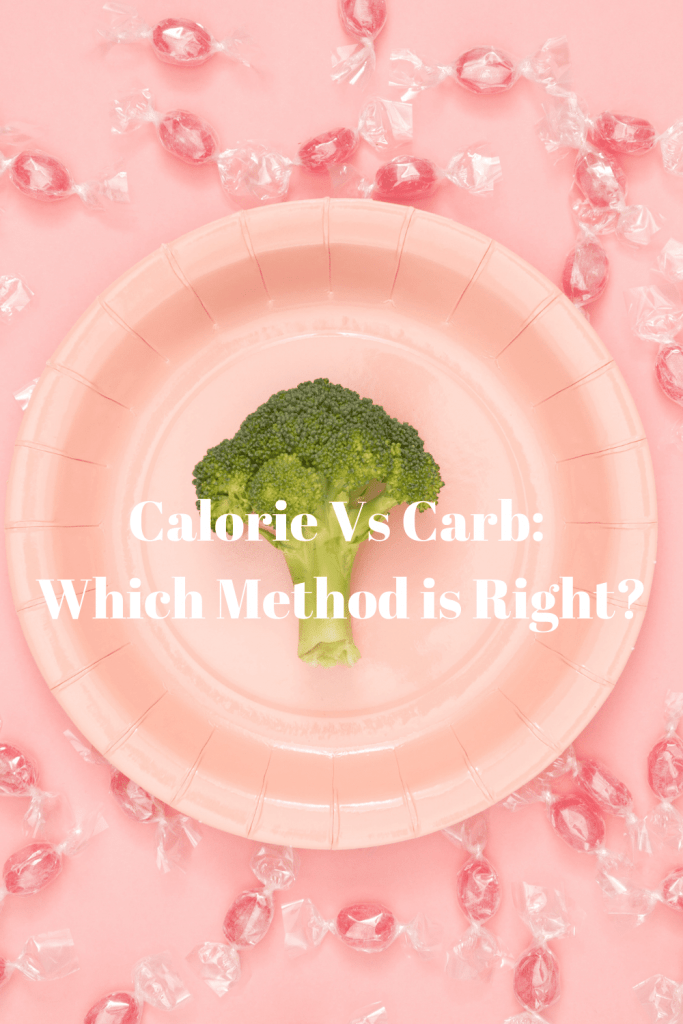
One way carbs can contribute to weight gain is by causing blood sugar to spike after eating them. When you eat carbohydrates, they break down into glucose, which raises insulin levels in the bloodstream to store excess calories as fat for later use when food becomes scarce. This causes high blood sugar and sets up cravings for more sweet foods, making you hungry again sooner than usual because of increased appetite hormones – this leads people who consume too many carbs to overeat and gain weight.
It can also contribute to weight loss if you eat carbs in moderation while maintaining a healthy diet. When eaten with proteins, and fiber, carbohydrates slow down the release of glucose into the bloodstream so that it’s not as likely to spike insulin levels and lead to high blood sugar, which may cause cravings for more food later on. The critical thing about this is that you have to make sure your body uses them properly by leading an active lifestyle.
Calories and weight
There are many misconceptions about calories. Some people think they can eat as much as they want of anything and not worry about their weight because the calories don’t count. Others believe that if they just exercise more than usual, they get to eat whatever they want, and it will all balance out in the end. The truth is, calories are everywhere, and counting them is essential for a healthy lifestyle.
The average person consumes about 2000 calories a day. This is the amount of energy they need to maintain their current weight, but this does not consider other factors such as age, gender, muscle mass, or activity level. The number of calories in food can vary depending on its type and how much you eat. Consuming too many or too few will affect your body’s metabolism, which may lead to either gaining or losing weight.
You want to maintain a balance of calories in and out on a day-to-day basis. This will help you maintain your current weight or gradually decrease the amount that you weigh over time.
Conclusion
It is worth noting that both foods are essential for maintaining good health.
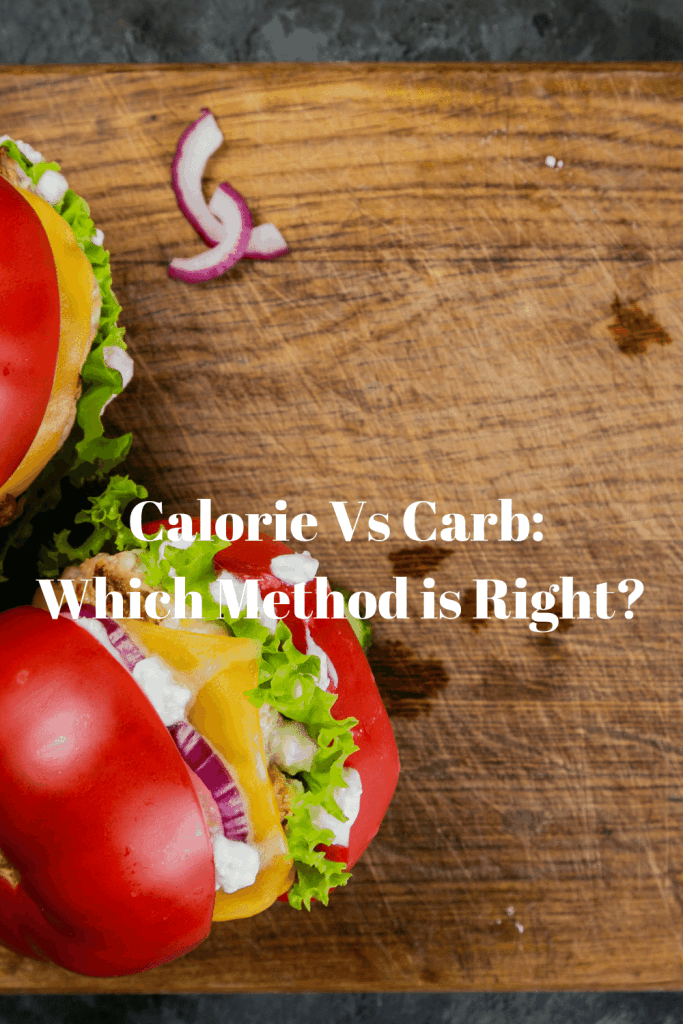
However, be cautious about the amounts you take to prevent obesity and diabetes, and other side effects that come with too much consumption.
Related Articles
Read calories to lose weight here
Read Calories 5 Strawberries here
Read Vegan Protein Powder for Weight Loss

![Is a Vegan Diet Really Healthy [Read The Answer]](https://thevegdiet.com/wp-content/uploads/2019/01/Is-a-Vegan-Diet-Really-Healthy-Read-The-Answer-200x175.png)

